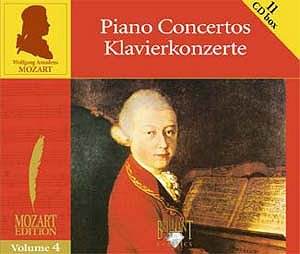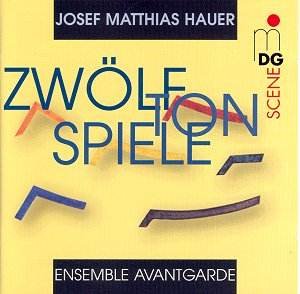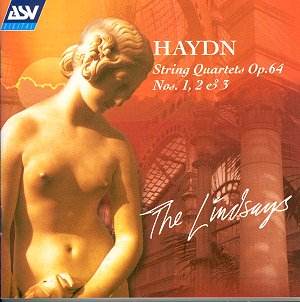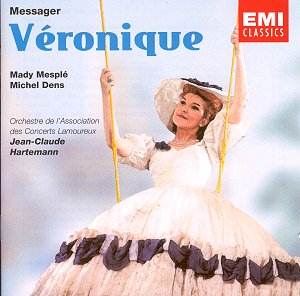 Composer: Wolfgang Amadeus Mozart
Composer: Wolfgang Amadeus Mozart
Works: Piano Concertos Nos. 1-27; Concertos for 2 & 3 Pianos; Rondas
Performers: Derek Han, piano; Philharmonia Orchestra; Paul Freeman, conductor
Recording: Various, 1992-1993, St. Augustine Church, London; Maria Minor Utrecht Doopsgezinde Kerk Deventer
Label: Brilliant Classics
Mozart’s piano concertos are not merely performances of technical prowess; they are dialogues between the piano and orchestra that have evolved significantly throughout his career. This comprehensive volume in the Brilliant Classics Mozart Edition offers a rich tapestry of his output, presenting all 27 concertos alongside complementary works, including concertos for two and three pianos and various rondos. These recordings encapsulate Mozart’s growth from the brash virtuoso of his youth to the profound composer of his mature years, showcasing a variety of styles and forms that reflect the changing landscape of classical music in the late 18th century.
The interpretation by Derek Han, accompanied by the Philharmonia Orchestra under Paul Freeman, displays a commendable balance between virtuosity and musicality. Han’s technique is particularly striking in the earlier concertos, such as the “Jeunehomme” Concerto (K271), where the flamboyance of the piano part is matched by a vibrant orchestral dialogue. The second movement, Andantino, highlights Han’s ability to convey both lyricism and agility, with passages that dance gracefully across the keyboard. While the orchestration in these early works may lack the opulence seen in later compositions, Han manages to draw out the inherent charm and exuberance of Mozart’s writing.
The later concertos, particularly No. 25 in C major (K503), reveal a more symphonic approach to orchestration that challenges the pianist to blend more seamlessly with the ensemble. Here, the orchestra takes on a more assertive role, yet Han’s phrasing maintains clarity and brilliance, especially in the final Allegretto, which showcases his playful touch. This interplay between the piano and orchestra is a hallmark of Mozart’s later works and is executed with finesse in this recording. The engineering captures a solid orchestral presence, although at times the instrumental balance skews slightly towards the piano, particularly in denser passages.
Recording quality is generally commendable, with the sound produced by Judith Sherman and her team exhibiting clarity in the piano’s upper register while maintaining the warmth of the orchestral strings. This balance, however, is not without its shortcomings; at times, the orchestral accompaniment lacks transparency, resulting in a slightly muddled sound in the more complex interactions. While this may detract from the overall listening experience, the clarity of Han’s playing often compensates for these moments of imbalance.
The historical context surrounding these works is equally fascinating. Mozart’s earliest concertos were, in part, responses to the keyboard works of Johann Christian Bach, whose influence is palpable throughout the recordings, particularly in the harpsichord arrangements featured on the first disc. The inclusion of these early arrangements provides a broader understanding of Mozart’s formative years and his relationship with his contemporaries. It is noteworthy that these pieces, while simpler in structure and orchestration, offer insights into the evolution of his compositional style, foreshadowing the depth and complexity that would characterize his later works.
An examination of the disc organization reveals a somewhat disjointed presentation, with no clear chronological or thematic grouping of the concertos across the CDs. This lack of cohesion may frustrate listeners seeking a coherent journey through Mozart’s development. However, the individual performances stand strong, allowing the audience to appreciate each concerto on its own merits.
This collection from Brilliant Classics stands as a testament to Mozart’s genius, showcasing both the youthful exuberance and the profound depth of his piano concertos. Han’s interpretations, while occasionally challenged by engineering imbalances, resonate with a blend of technical precision and artistic insight, making this set a valuable addition to the discerning listener’s library. The budget-friendly price further enhances its appeal, inviting both newcomers and seasoned aficionados to explore the intricate world of Mozart’s concertos.



